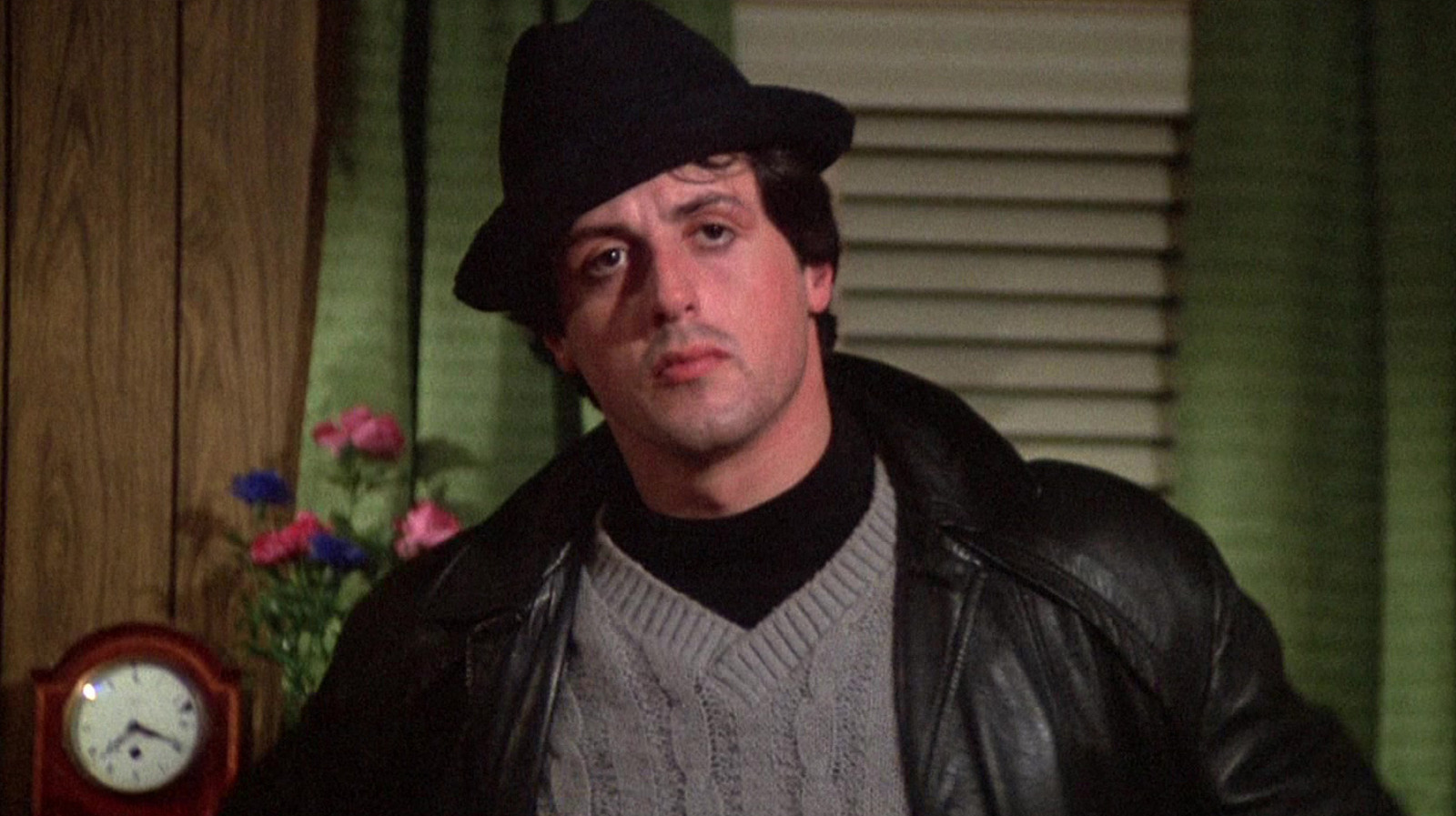[ad_1]

Asked about his motivation for writing “Rocky” in a 1977 BBC interview, Sylvester Stallone spoke about his feeling that movies at the time “were at an all-time low,” explaining, “Everything was anti-society, anti-Christ, anti-government, anti-everything, and there was no one to root for.” The way Sly saw it, Hollywood hadn’t “made any good old-fashioned type films where morality was at the forefront,” and he was going to provide such a hero. In this optimistic sensibility, you can see the seeds of his famous 2006 “Rocky Balboa” speech, but it was arguably his struggle to secure the lead role in his own movie that really solidified his “how hard you can get hit” mentality.
Advertisement
The then-struggling actor had written Rocky Balboa as an extension of himself. As he revealed in his BBC interview, the Italian Stallion was modelled not on his own experiences, but on his own “aura.” “I surely couldn’t pass myself off as a lawyer in a three-piece suit,” he said, “so I wanted to take it much more basic — a man from the street. All right, what kind of a man? An underdog.” Stallone landed on a professional fighter, and finished the first draft of the “Rocky” script in three and a half days. He then shopped it around, and remarkably, given his relative obscurity as an actor, let alone a writer, found buyers in the form of Irwin Winkler and Robert Chartoff and their Chartoff-Winkler Productions.
Advertisement
Still, Stallone faced strong resistance to the idea of him playing Rocky, but remained resilient. As he told The New York Times, “I told my wife that I’d rather bury [the script] in the back yard and let the caterpillars play ‘Rocky.’ I would have hated myself for selling out, the way we hate most people for selling out.” During this time, Sly was represented by Craig T. Rumar and Larry Kubik’s Film Artists Management Enterprises, and it was this company that handled the negotiations with Chartoff-Winkler — though there is some controversy surrounding these negotiations, with Stallone maintaining to this day that he was robbed of any long-term ownership of the franchise as a result of the original deal. But as Rumar’s son told World Boxing News in 2020, “Through the efforts of my father and Mr. Kubik, Chartoff-Winkler agreed to produce Rocky with United Artists.”
Even after Winkler, Chartoff, and United Artists were onboard, however, Stallone faced pressure to step aside and let an established star take the lead role, and it seems there was one well-known “Gunsmoke” actor in line. Solana Token Creator
[ad_2]







